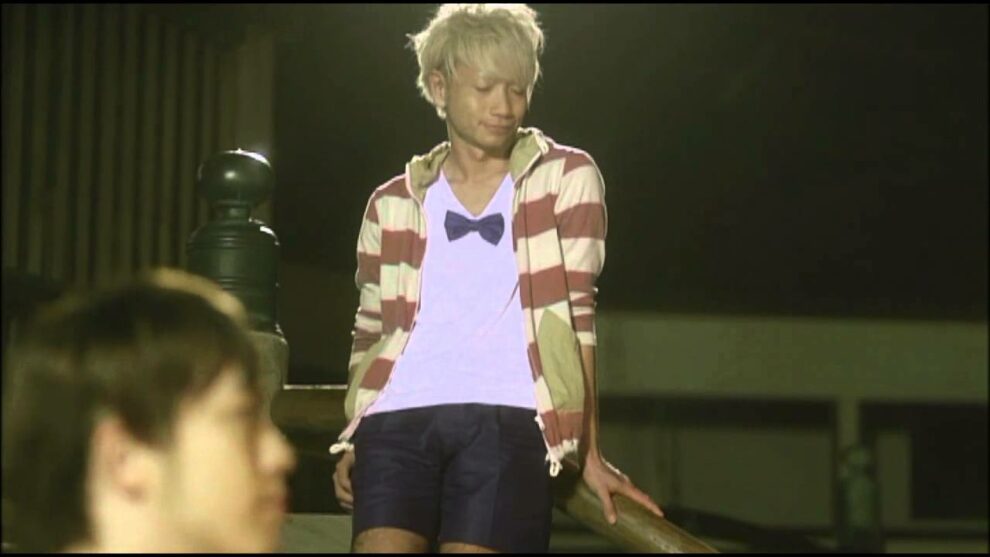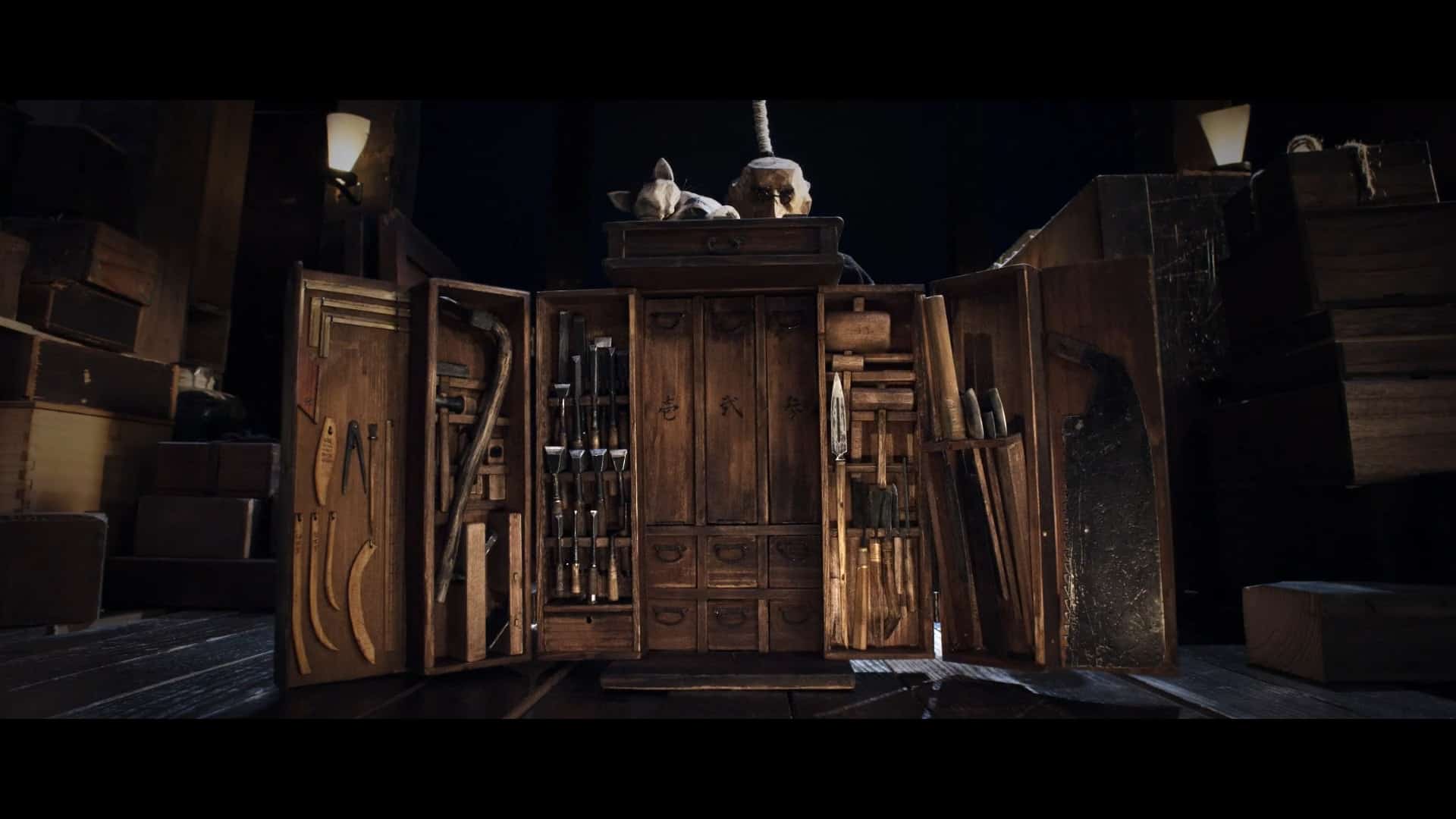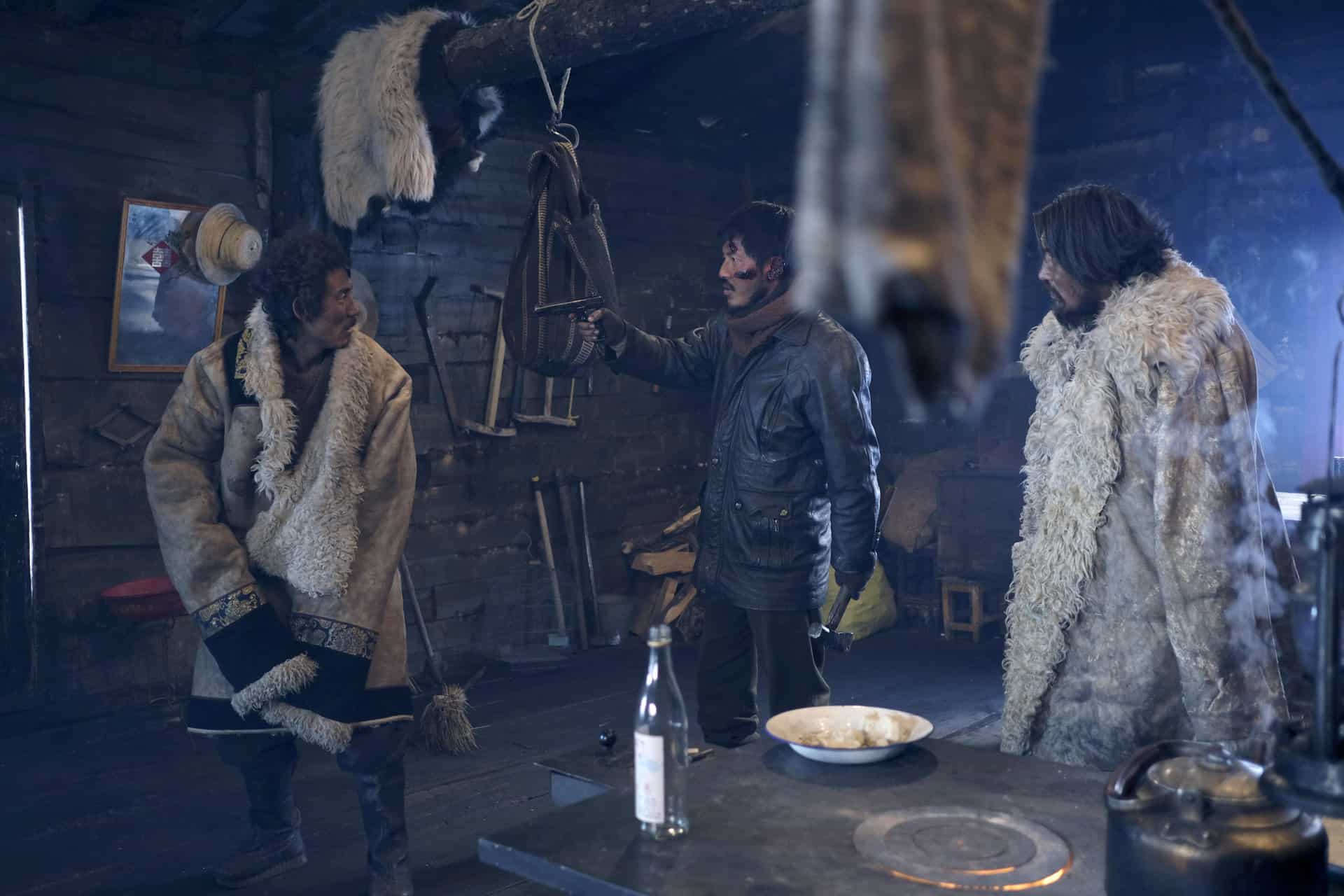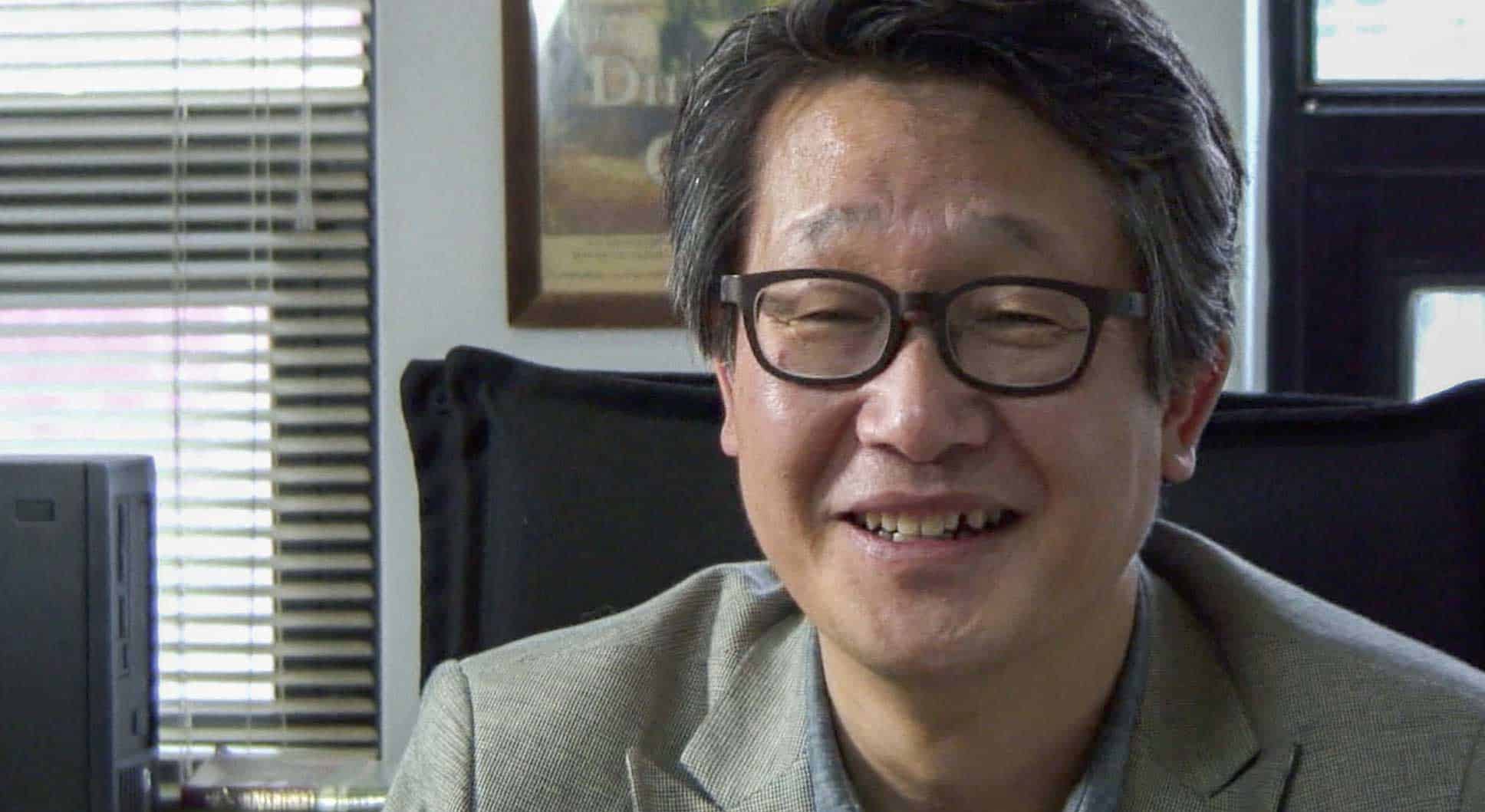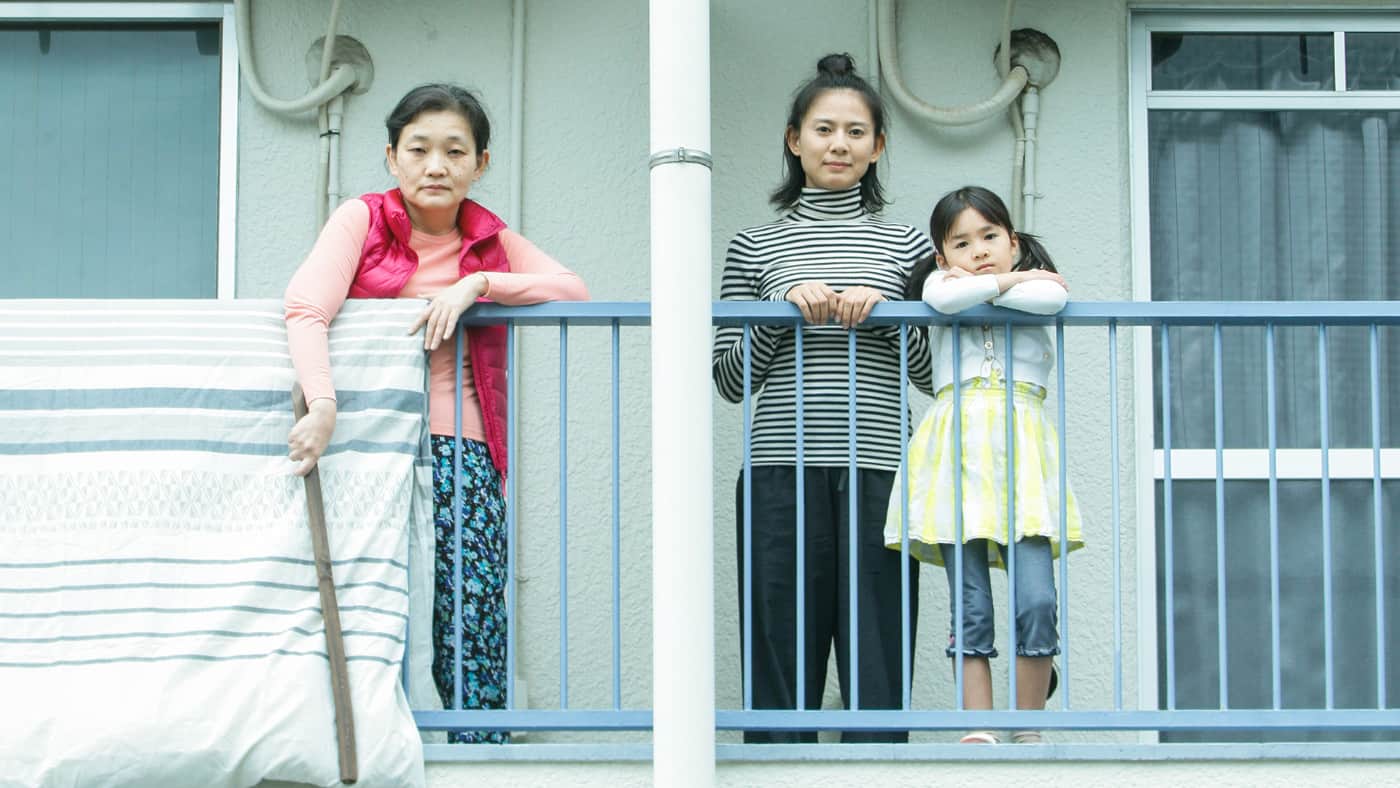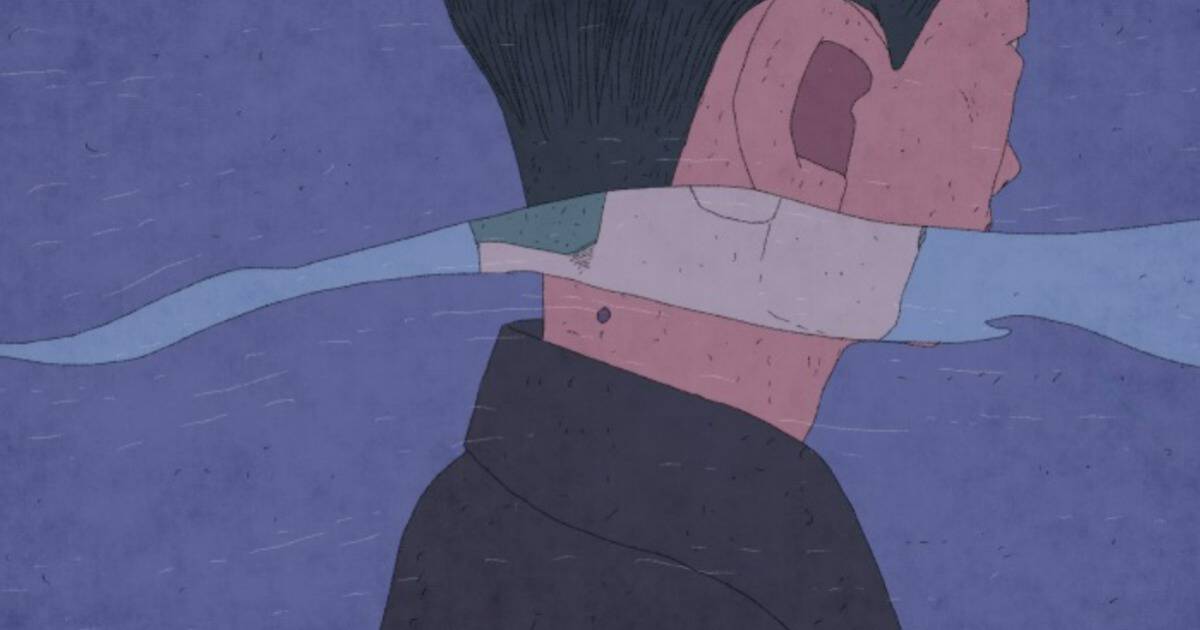Not many directors start out with a voice wholly their own, but Katsuhito Ishii's “Promise of August” is a strikingly unique debut from one of Japan's more singular auteurs. It has its fair share of freshman missteps, and there's an unpolished quality to the plotting and performances, but it establishes itself from the opening frame as an off-kilter comedy with a genuine point of view; a confident beginning to a decades-long career.
Buy This Title
on Terracotta
Released three years before Ishii's first feature, “Shark Skin Man and Peach Hip Girl,” it clocks in at only fifty minutes. It this sense, it feels like a novella from a young writer, focused more on creating a mood and documenting the oddities of human behavior than telling a complete story. The threadbare narrative follows three young women as they search the countryside for a weed crop promised by a “marijuana map” that one of them stole. Their real motivations for this search are never made clear; the drugs merely serve as a MacGuffin to thrust the characters into their outdoor adventure.
The trio is often filmed in sync, and they have a habit of matching each other's poses, but their different personalities are immediately clear. Mizuno (Sanae Ueki) is the most sensitive of the three, Mochitsuki (Tomo Taniguchi) is the carefree goofball, and Morita (Tomoko Suzuki) is the strong-willed leader. They have a relaxed, believable chemistry together, in part due to the fact that Ueki and Taniguchi were complete unknowns who never starred in anything else afterwards. Only Suzuki, who had previously appeared in productions like 1992's “Ghost Soup,” continued working in the industry. This lack of experience works in the film's favor, as the girls have an untrained spontaneity that makes their aimless interactions register as genuine.
Check this interview with Third Window Film's owner Adam Torel
Things take an interesting left turn when they come across Okai (Dankan), a depressed, neurotic man who has come to the countryside to kill himself. Mochitsuki and Morita see him as little more than a 30-year-old dork, but Mizuno is kind to him. It isn't long before he becomes infatuated with her, leading to unforeseen comic developments.
To say much more would spoil things, but it's not as if there are huge twists and turns. Instead, Ishii is mainly concerned with capturing the feeling of late-Summer afternoons with the grass tickling your legs and your shirt sticking to your back. An opening line of text sets the date as August 31, and there's a lazy, dog days moodiness to the way DP Koji Akita makes use of natural light. It's remarkable how hot every image looks. The new Third Window Blu-ray is gorgeous, too. The greens and sunbaked yellows are vibrant and evocative, making the talent behind the camera even clearer.
The atmospheric, bittersweet visuals perfectly compliment the subject matter, which swings from gentle to tragic at the drop of a hat. Early on, Mizuno catches a glimpse of Okai's suicide note, and this newfound realization weighs on her throughout the rest of their otherwise fun journey. This small touch sums up the movie's approach to storytelling; life is exhilarating and absurd, but there's a sadness just off screen that threatens to sour everything.
The layered performance by Dankan, who is now a veteran character actor, drives this point home. He transforms a man who could have been a one-note sad sack into a believable outcast as sympathetic as he is off putting. His “love” for a college girl he just met is both sad and hilarious, and their connection is uplifting without shying away from its more pitiful implications.
“Promise of August” is a joyous first effort by a filmmaker who loves his characters almost as much as the world they inhabit. His assured sense of humor, which relies on repetition and symmetry and sudden zoom-ins, feels fully formed. Frequently, characters speak while being totally out of frame; the effect is disorienting and charming, and it allows for the camera to linger on the eye-catching countryside. This mix of deadpan visual comedy and a whimsical summertime setting predates Wes Anderson's work on “Moonrise Kingdom” by nearly twenty years. In fact, it's ahead of its time in many ways. The detached young women and their sense of cool would feel right at home in a modern indie. Sure, it's far from a perfect debut, and it certainly doesn't feel like a “major” movie in the traditional sense, but this is a perfect warm season watch for anyone interested in Ishii's career or independent cinema in general.


